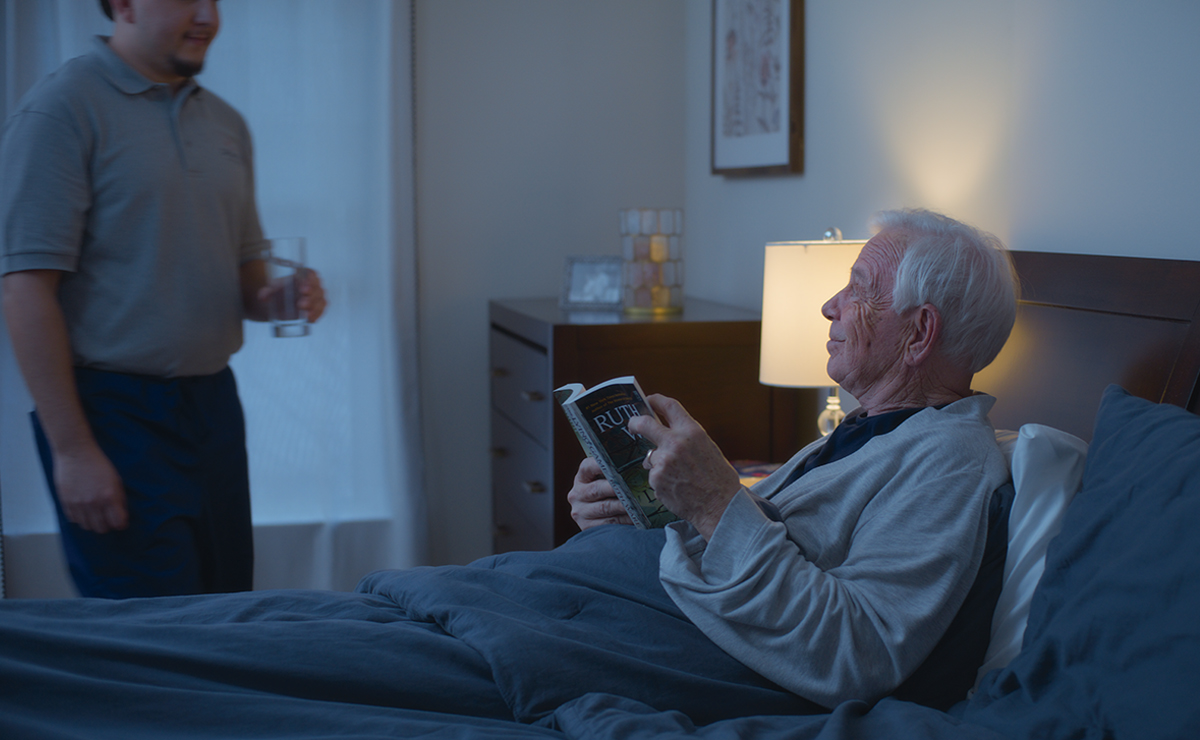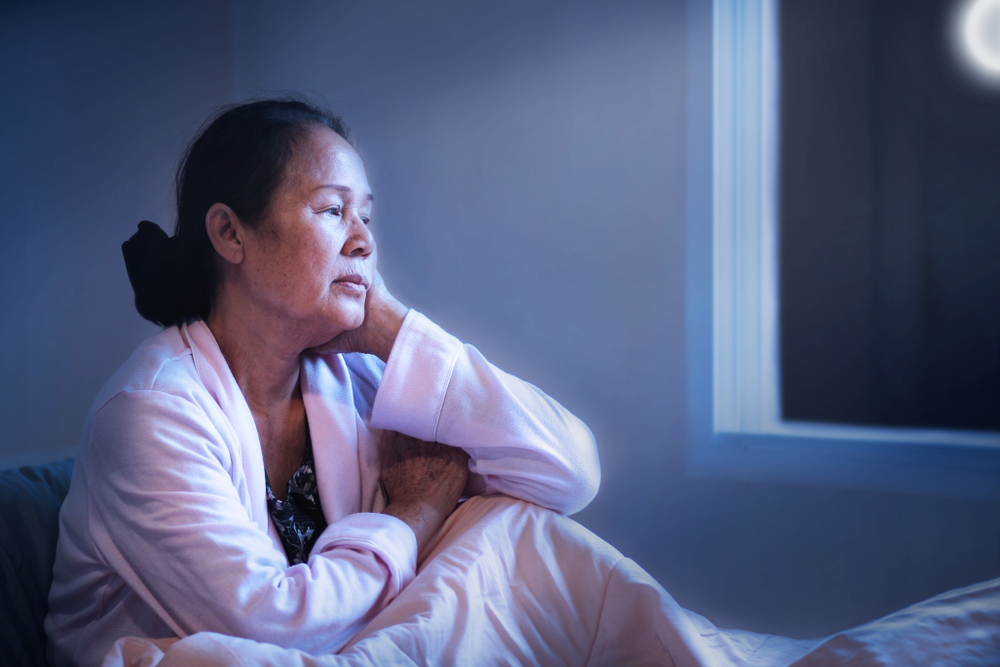Frequent Urination at Night: What Causes Nocturia in Elderly Adults?
Category:

Are you up and down all night traipsing to the bathroom? Do you wonder if elderly peeing all night is a normal thing? Are you feeling fatigued during the day because of lack of sleep? If these questions sound familiar, this post is for you. Let’s answer the one question common to most people over the age of 65. Why do the elderly pee more at night?
The clinical name for frequent urination in the elderly at night is Nocturia. The condition is common as we age but it is often underreported and undertreated.
Both men and women can experience frequent urination at night. Elderly female and male patients are often diagnosed with a form of nocturia called nocturnal polyuria.
People with this condition have a high volume of urine that occurs at night. Their urinary output is normal, or even reduced during the day.
Many elderly people experience fluid retention in the feet and legs during the day. When you lie down at night, the fluid no longer pools in the lower extremities. When your feet and legs are elevated the effects of gravity diminish. As the trapped fluid is recirculated through the body the nighttime urinary volume increases.
What causes nocturia in elderly people?
Nocturnal polyuria is one of the causes of frequent urination at night, but there are other morbidities and habits that can contribute to nocturia, especially in the elderly population.
Some possible causes of nocturia are listed here:
- Intake of large amounts of fluid before bedtime.
- Consumption of alcohol and caffeine, especially in the evening.
- Diabetes Mellitus
- Heart Disease
- Hypertension
- Congestive Heart Failure
- Sleep Disorders
- Vascular Disease
- Diminished nighttime bladder capacity
- Diuretic medications
Now that we understand what nocturia is, and what causes it, let’s see if we can do something about it. Your primary care doctor or urologist can help you find the best individualized nocturia treatment. Elderly patients can get relief from the condition in most cases.
Lifestyle modifications are the first intervention for the management of nocturia.
- Simple things such as restricting fluids at night, especially caffeine and alcohol, can help alleviate the need to urinate frequently.
- You can also try wearing compression stockings and elevating your legs as often as possible during the day to prevent fluid accumulation.
- Be sure to take diuretic medications at least six hours before bedtime.
- Optimize your sleep environment and routine. Be mindful of room temperature, lighting, and consistent bedtime.
If symptoms persist, such measures may not be effective in managing the condition. If the methods recommended above do not provide some degree of relief, you may need to initiate pharmacotherapy with your physician.
The impact of nocturia on quality of life can be overpowering.
Nocturia is one of the leading causes of sleep disturbances in older adults. Not only does it interrupt the sleep of the person suffering from the condition, but it also keeps your sleep partner awake at night.
If you are waking up with the urge to frequently visit the bathroom at night you are at increased risk of falling, injury, and subsequent hospitalization.
Management of nocturia should begin with identifying the underlying cause. A combined approach consisting of behavioral, medical, or even surgical intervention when indicated, will have the greatest benefit and will help you live with and manage this problematic condition.
Nocturia does not have to deteriorate your quality of life. Contact your health care provider to help you find the most effective treatment for your symptoms.
Subscribe
Date: 2021-11-09
Category:


